Become a civil and commercial mediator
Introduction
Find out the requirements, skills, and training needed to become a civil and commercial mediator and how to apply to join the Concordia et Ius Mediation Organization, accredited by the Ministry of Justice and the European Commission.
Who is the Mediator and what does he do?
A civil and commercial mediator is an impartial professional who helps parties resolve disputes out of court, encouraging dialogue and the search for mutually agreed-upon solutions as an alternative to litigation. They operate within a procedure governed by current civil and commercial mediation legislation and assist the parties in reaching an agreement that takes into account their interests and the protections provided by law.
In managing each mediation, the Mediator:
- facilitates communication between conflicting parties;
- helps clarify the interests, needs and priorities of the subjects involved;
- explores possible legally sustainable solutions with the parties;
- may formulate, where applicable, a conciliation proposal that the parties remain free to accept or not.
What skills should a mediator have?
The Mediator's skills can be summarized as: mediation, orientation, accompaniment, information, reception.
A mediator is an impartial individual who works to find an alternative resolution to a dispute between two parties. They are professionals who possess the professional qualifications and integrity required to practice the profession of mediator.
The Mediator facilitates communication between the disputing parties, helping to clarify their true interests and thus facilitating an amicable resolution to the dispute.
The Mediator also has the power to formulate a solution proposal that the parties are free to accept.
What professional qualifications must a Mediator have?
The candidate must have obtained a qualification no lower than a Master's Degree or a single-cycle degree in Law, have attended and successfully completed a training course of at least 84 hours at institutions accredited by the Ministry of Justice, and have passed an exam designed to ascertain the candidate's aptitude and professional ability to perform the role of Civil and Commercial Mediator.
What are the obligations of the Mediator?
The Mediator and his assistants are prohibited from assuming rights or obligations connected, directly or indirectly, with the matters handled, except for those strictly inherent to the provision of the work or service; they are prohibited from receiving compensation directly from the parties.
The Mediator is also obliged to:
a) sign, for each matter for which he is appointed, a declaration of independence and impartiality according to the formulas provided for in the applicable Procedural Rules, as well as any further commitments provided for by the same Rules;
b) immediately communicate to the Head of the Body and to the parties all circumstances that emerge during the procedure and which could affect his independence and impartiality;
c) formulate conciliation proposals in compliance with the limits of public order and mandatory rules;
d) immediately respond to any organizational request from the Organization Manager.
At the request of a party, the Head of the Organization shall provide for the possible replacement of the Mediator. The Regulations identify the different jurisdiction to decide on the request when the Mediation is conducted by the Head of the Organization.
How to register as a Civil Mediator?
Mediators may register in the Register of Mediation Bodies only after completing the training course held by training bodies accredited by the Ministry of Justice and registered in a specific list as required by Article 23 of Ministerial Decree no. 150/2023.
Where can a civil mediator work?
Once qualified, you can work as a mediator at any mediation body, at the Bar Associations, and at the Chambers of Commerce.
How to become a Mediator of the Organization
The Concordia et Ius Conciliation Body intends to offer the Parties and their Lawyers the most experienced Mediators in the resolution of individual disputes.
The selection process for the most suitable mediators and their continued employment within the Organization are of fundamental importance, which encourages continuous feedback between the Parties and the Lawyers after each mediation.
Procedure
Mediators wishing to join the Organization should complete and submit the form below, attaching a CV.
Following this, if the minimum requirements are met, an interview will take place with the Head of the Organization who will be responsible for evaluating the aspiring Mediator.
If successful, the candidate will participate in the Organization's training program to acquire a highly qualified mediation method through an audition in several mediations (the number varies based on the mediator's experience) conducted by different mediators.
Advanced training will be provided by the Organization's expert mediators on mediation techniques in their areas of specialization, and an interview with expert mediators will be held to assess their preparation for appointment to the first mediations.
This will be followed by appointment in the first mediations and coaching by the most experienced Mediators during these mediations.
There will be a debriefing after each mediation with the most experienced Mediators and the satisfaction with the appointment requested by the parties in the request will be evaluated, as well as the success rate of the mediations managed, through evaluation questionnaires and feedback from the parties.
Following confirmation as a Mediator, ongoing discussions and feedback will take place between Mediators to share their experiences.
Become a Mediator
Fill out the form below
and you will be contacted









